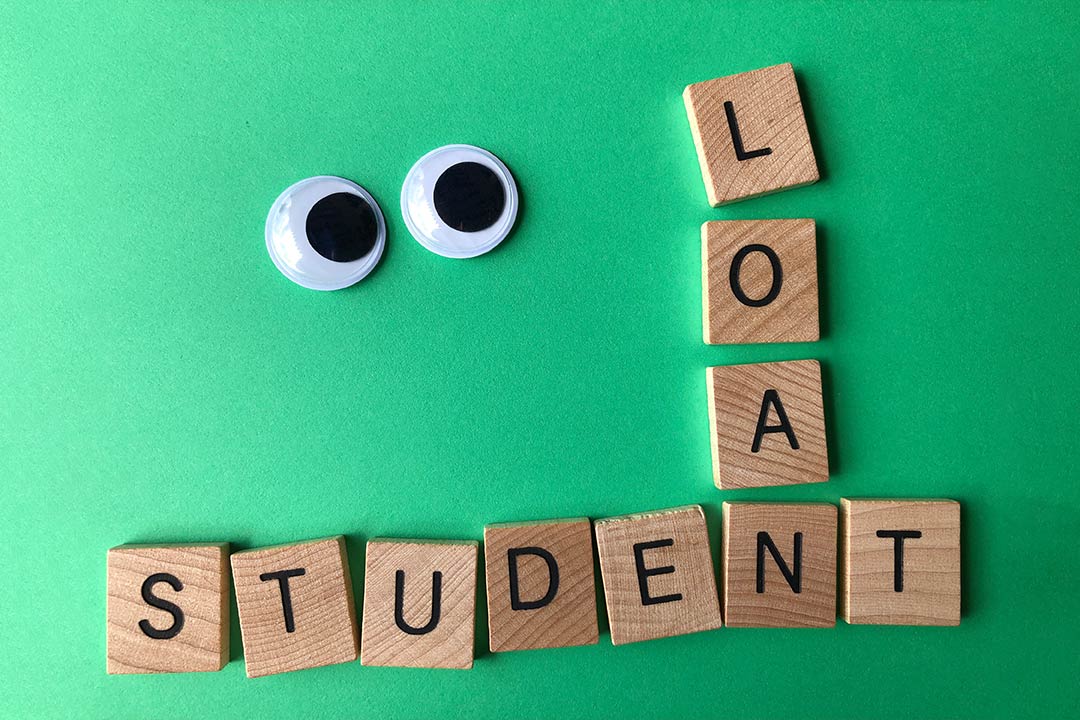While the Department of Education says not to expect another break, debt relief for student loan borrowers has been extended into 2022.
Federal student loan payments and interest were paused to help people that are struggling to make ends meet because of the pandemic, thanks to the Coronavirus Aid, Relief and Economic Security Act, AKA Cares Act. Collections actions on defaulted loans were halted, as was negative credit reporting.
The original plan was to resume student loan payments on September 30, 2021, but forbearance has been rescheduled to extend to January 31, 2022.
Things to know:
- When do you have to start paying back student loans again?Payments were first paused in March 2020 and will officially resume in February 2022. A recent study has findings that show many borrowers will need assistance transitioning back to repayment, so make sure to look into different relief options you might qualify for when the time comes.
- Will there be another extension?Probably not. The Department of Education has been pretty clear that this would be the last extension made available, although the rising coronavirus cases of the delta variant could put pressure back onto the Biden administration to take some kind of action regarding repayment.
- Should you keep making payments during the forbearance period if you can afford them?Yes, definitely. Take advantage of this time where there are no interest rates and let your entire payment go to reducing the loan principal. It's a very smart money move. If you can't afford repayment right now still, that's okay too. Just concentrate on making plans for the new date when repayments resume. If you're working towards the Public Service Loan Forgiveness, it's not necessary to continue making payments. Check to see if you qualify.
- Do you need to do anything when loan repayments resume?Potentially. Your servicer should contact you before the forbearance is over to confirm with you that you need to start making payments again. If you don'tt hear from them, make sure to reach out to them to double check the due date. If you originally set up automatic payments, be aware that they may begin on your first due date when the forbearance period ends.
- What if you can't afford your payment when they resume?Ask your loan servicer about enrolling in an income driven, or IDR, plan. Depending on your income and family size, your payment could potentially be zero. If either your income or family size has changed, you can request a recalculation, which may reduce even further what you owe each month.
- Protect yourself from scams.Be prepared that you could be approached by scammers and have the information to protect yourself. The three major signs of a debt scam are 1) you're asked for an upfront fee to help you sign up for an income-driven payment plan, 2) you're promised quick debt forgiveness, and 3) you're required to share your FSA ID (Federal Student Aid identification). Never share that information with anyone. Don't pay anyone to handle your student loan repayment. Your servicer can walk you through all your best options. If you feel that you aren't receiving the best assistance possible, you can file a complaint with CFPB at consumerfinance.gov
The extra months of debt relief have been made available to you, take advantage of them the best way you can, even if that's setting yourself up right for when repayments begin.

